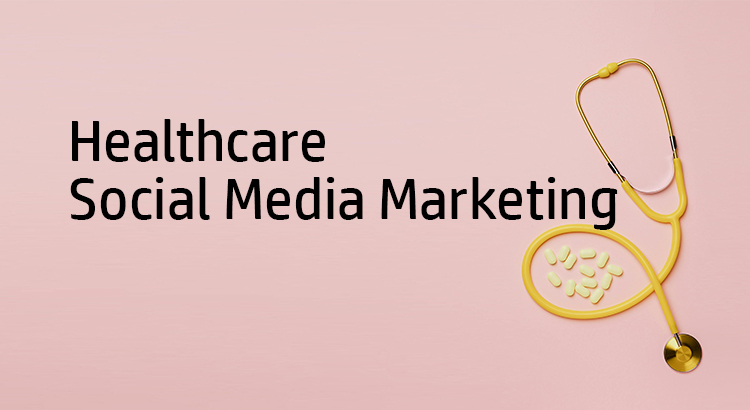Social media marketing can be used to connect with patients, build brand awareness, and enhance the overall reputation of healthcare organizations. This article explores eight effective strategies for leveraging social media in the healthcare sector.
Social Media Marketing Strategies for Healthcare
1. Study Target Audience to Plan the Right Media Mix
Understanding the demographics and preferences of the audience across different social media platforms is crucial.
A social media marketing company will tailor campaigns for specific platforms rather than adopting a one-size-fits-all approach ensures maximum impact and engagement.
2. Handle Patient Queries
Social media offers a platform to address patient concerns and complaints promptly.
Utilizing online communities and discussion forums on platforms like Facebook allows healthcare providers to engage with patients and foster a sense of connection.
3. Provide Health Information
Sharing valuable health information, doctor tips, and live medical procedures through various media formats on platforms like Pinterest, Facebook, and Flickr establishes healthcare organizations as reliable sources of information.
Utilizing platforms like Quora and Yahoo! Answers enhances engagement and boosts search engine rankings.
4. Start Trends & Create Branded Social Media Campaigns
Initiating trends, running online contests, and creating branded campaigns with innovative hashtags can boost brand awareness.
Engaging followers through quizzes on health topics not only educates but also strengthens the connection between healthcare providers and their audience.
5. Brand Building and Reputation Management
Social media plays a pivotal role in reputation management. Sharing positive testimonials, customer reviews, and success stories helps build trust.
Healthcare organizations can actively manage their online reputation by leveraging patient feedback and fostering positive word-of-mouth.
6. Create Relationships and Build Patient Loyalty
Beyond lead generation, social media facilitates relationship maintenance and patient loyalty.
By engaging with existing patients and sharing content that resonates with them, healthcare providers can turn satisfied customers into brand advocates.
7. Establish Online Communication Protocols
A well-defined policy for online communication, employee education, and incentivization for responsible social media use is crucial.
Monitoring competitor activities, addressing patient queries, and maintaining ethical standards ensure a positive online presence.
8. SEO Through Social Media
Optimizing social media profiles and shared content with relevant keywords enhances visibility in search engine results.
Including commonly searched phrases in profile details and shared content, along with providing website links, aids in organic reach and directs traffic to the official website.
Related Article: The Evolving Role of Social Media in SEO: Trends and Best Practices
Benefits of Social Media Marketing for Healthcare
1. Patients Use Social Media Sites
With 4.48 billion social media users worldwide, patients increasingly rely on online platforms, emphasizing the need for healthcare connectivity.
2. Easily Build Relationships with Patients
Fostering close patient-physician relationships is facilitated by social media communication, with 42% of adults desiring to follow healthcare professionals for education and engagement.
3. Cost-effective Marketing
In-house healthcare social media marketing incurs no startup costs, offering a revenue-generating approach as patients seek health information and discussions online.
4. Showcase Accomplishments and Activities
Build trust by highlighting achievements on social media platforms, effectively attracting and engaging patients through transparent online communication.
5. Attract Healthcare Professionals to the Workplace
With 90% of physicians on social media, a strong online presence attracts professionals, fostering communication and engagement.
Cost of Social Media Marketing for Healthcare Clinics
Implementing social media marketing in healthcare comes with minimal startup costs, especially compared to traditional marketing channels.
The investment in creating engaging content, managing online communities, and monitoring the online reputation of healthcare organizations is outweighed by the long-term benefits of increased patient engagement, brand visibility, and loyalty.
Conclusion of Social Media Marketing for Healthcare Sector
Healthcare social media marketing strategies provide an opportunity for building connections, fostering patient relationships, and enhancing the overall reputation of healthcare organizations.


